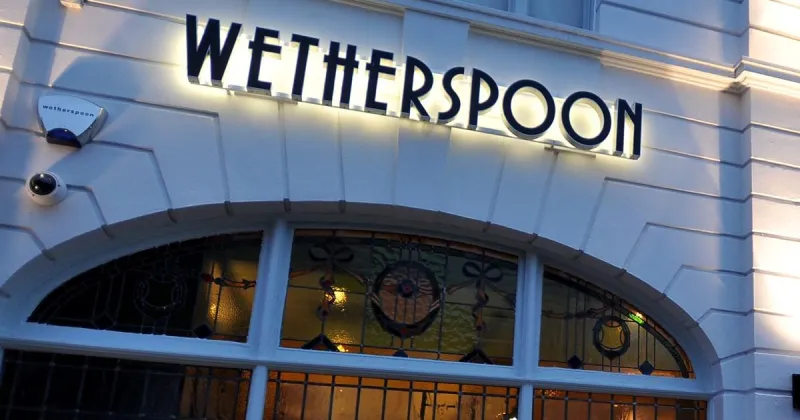


Wetherspoons Social Media Shocker

This included a Facebook account with 100,000 followers and a Twitter account with 44,000 followers. The reasons behind the decision came out in a rather vague press release, highlighting data protection worries, online bullying and the addictive nature of social media.
However, one can only think there has to be some reason other than stated in the press releases for making the dramatic decision to shut down social media completely. If data worries and online bullying were the only issues, then really all brands should shut down their social media accounts in the wake of the Cambridge Analytica scandal and the well documented and publicised research on the addictive nature of social media.
The owner of Wetherspoons, Tim Martin, was more precise in explaining the reasoning behind the decision, stating ‘I don’t believe that closing these accounts will affect our business whatsoever, and this is the overwhelming view of our pub managers’.
Here Tim Martin reveals the real meat of the issue, social media doesn’t work for the Wetherspoons business model. If social media was bringing in customers and income it would be foolish to stop it and extremely doubtful that they would do so, no matter what Tim Martin personally feels about Facebook’s ethical values and data sharing.
He also revealed that because Wetherspoons have social media accounts for individual chains that managing these accounts was distracting pub managers from the more real issue of customer satisfaction and actually serving customers already in the pub.
Wetherspoons is in the enviable position of a being very well known brand, no matter if you go to Wetherspoons or don’t, everyone’s heard the name. Loyal Wetherspoons customers are going to continue going to the chain regardless of if they see an organic Facebook or Twitter post telling them to do so, and for this reason Wetherspoons are right to decide not to focus any more time or energy on running these platforms if there's nothing to be achieved from doing it.
However, for a company that’s just starting out, trying to establish their brand presence, message and build a customer base, social media both paid and organic can be invaluable.
Glossier is one example of this kind of brand, relatively new to the market, the skincare brand is predominately advertised through paid social media, organic social and ‘real life’ influencers on social channels. 10% of Glossier’s revenue comes from paid marketing spend and the rest from its social media followers, with 925,000 followers on Instagram.
Conversely Wetherspoons rarely used their social media channels, with no Tweets going out at all in April and the average tweet in 2017 gaining about four likes. Compared to the amount of time managing these social media accounts no avail, this could be precious time spent elsewhere actually running the business.
Wetherspoons also made the extreme decision to delete all their email data last year due to a data breach and haven’t done any email marketing since. Tim Martin said of this at the time; 'Why invest in a medium which keeps your customers glued to a screen, rather than in your venues spending money?'.
Good point. But then again this totally depends on the brand, I can’t imagine e-commerce brands such as ASOS and Topshop taking the same approach as their business model is heavily reliant (solely in the case of ASOS) on online sales whereas Wetherspoons aren’t going to physically and directly sell a pint through email marketing in the same way.
In conclusion, business should assess whether social media is the right channel for them based on their sales model. If, as is the case with Wetherspoons, you’re seeing no returns and minimal social media engagement and sales then it may not be the medium for you!
Posted 20 April 2018